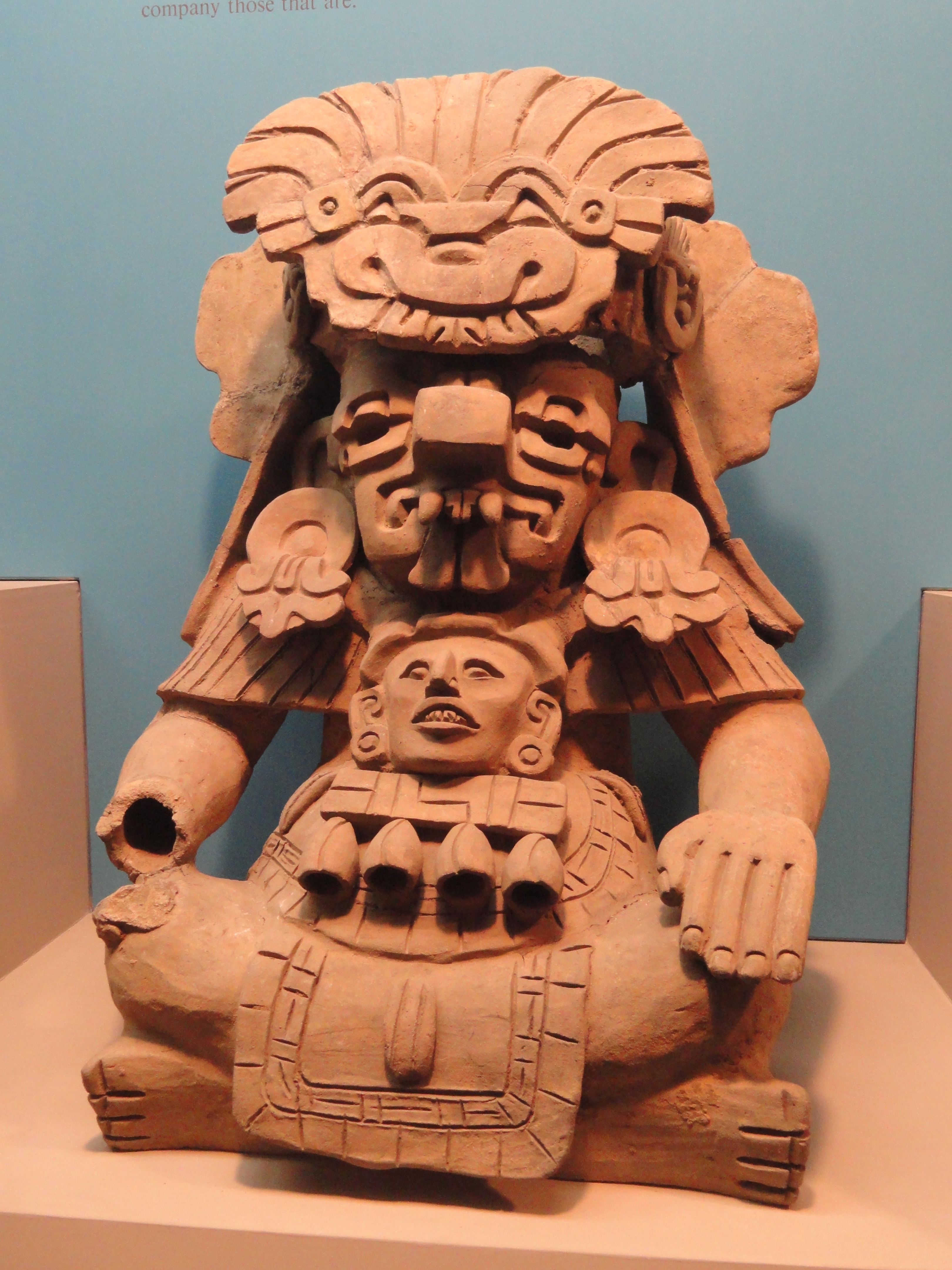 Story highlights
Story highlights
- Nature contributes to people's well-being in multiple ways, and one of the aims of the Aichi targets under the CBD is to alleviate poverty by tackling biodiversity loss
- Conventional economic valuation often does not properly capture aspects of well-being such as collective action and ecosystem services, which likewise contribute to a good life
- Indigenous people and local communities generally have a more developed understanding of non-monetary values, but this traditional knowledge can often be eroded by industrialization and migration
- Poverty is multidimensional, and not only defined by the lack of material goods
- Reframing our conception of poverty requires reconsidering measurements of wealth to visualise intangible, non-material aspects of human well-being
Nature contributes to the well-being of humans in multiple ways, from offering shade and providing food to playing a key role in spiritual and cultural life. Moreover, earth’s biological resources are vital to economic development and yet biodiversity is being lost across the planet at alarming rates. Securing the planet’s variety of life would thus contribute to human well-being and poverty eradication.
Recognising the critical importance of biodiversity, a set of targets – the Aichi Biodiversity Targets – were agreed at the tenth conference of the parties of the Convention on Biological Diversity (CBD). These targets aim to halt the loss of biodiversity, and to ensure that by 2020 ecosystems are resilient, and continue provide essential services.
With only two years left to reach the Aichi Biodiversity Targets, scientists, researchers, civil society organisations, policy makers and practitioners all over the world have trained their efforts on showing ways to alleviate poverty, one of the enduring goals in global development, by tackling biodiversity loss.
Making values visible beyond economic measurements
SwedBio has organised several dialogues to explore ways of valuing non-economic aspects of well-being such as collective action and ecosystem services. Conventional economics overlooks these and other aspects of well-being that should be considered just as equally contributing to a good life as economic ones.
There are examples of different development trajectories enhancing well-being. Bhutan is for instance often cited for its development philosophy centred around Gross National Happiness.
Indigenous peoples and local communities usually have a more developed understanding of the values of collective action and of ecosystem services; it is at the heart of their livelihoods and world-views. However, this wealth of knowledge carried within traditional practices is disappearing. When new trends and lifestyles reach communities, often as the result of industrialization, and when people migrate to towns, practices are reconfigured to meet new needs.
Cocijo is the Zapotec god of rain, an example of the deep connection existing between indigenous people and their environment
Intangible aspects of human well-being
At the Programme on Ecosystem Change and Society (PECS) conference in Oaxaca, Mexico, several sessions explored what exactly makes up human well-being and how nature fits into the picture.
Recent research in Kenya, Mozambique and South Africa delved into the tangible and intangible benefits that local communities get from nature, and the ways in which they engage with it.
The researchers were curious about how those benefits contribute to well-being and used “the theory of human need” to make sense of their data. For example, people can catch fish and eat it. The value to them is the use they get from the fish that provides them with food. Or they can sell fish and with the money they earn, they can buy other goods. The benefit of going out fishing is monetary in this case. At the same time, people can go out fishing and derive a sense of wellbeing from the experience of freedom they get from being out at sea.
Time to redefine poverty
Juliana Merçon, researcher at Universidad Veracruzana, is also digging deeper into the multiple and often unseen dimensions of well-being – those that are harder to measure. She goes one step further and invites us to reconsider how mainstream culture, that generally measures wealth according to possession of material goods, values these intangible, non-material aspects of human well-being. Consequently, Merçon suggests a reframing of our conception of poverty: her reflections are based on work, developed with individuals and communities living in areas of high biocultural diversity, where there might not be much money or material wealth, but nonetheless people do not consider themselves poor.
“Diverse contexts can teach all of us about sustainable ways of living – lessons that we need to learn if we are to stop biodiversity loss. But, we need to broaden and deepen our understanding of what makes up human well-being – those intangible aspects like connection to nature and connection to other human beings are also important components” Juliana Merçon, Universidad Veracruzana
There’s no denying the importance of addressing the lack of basic human needs like food, water and shelter. However, Merçon highlights the work of communities all over the world whose knowledge and practices have seen them sustain healthy ecosystems and ways of living that are rich in cooperation, solidarity, dignity and connection to nature.


